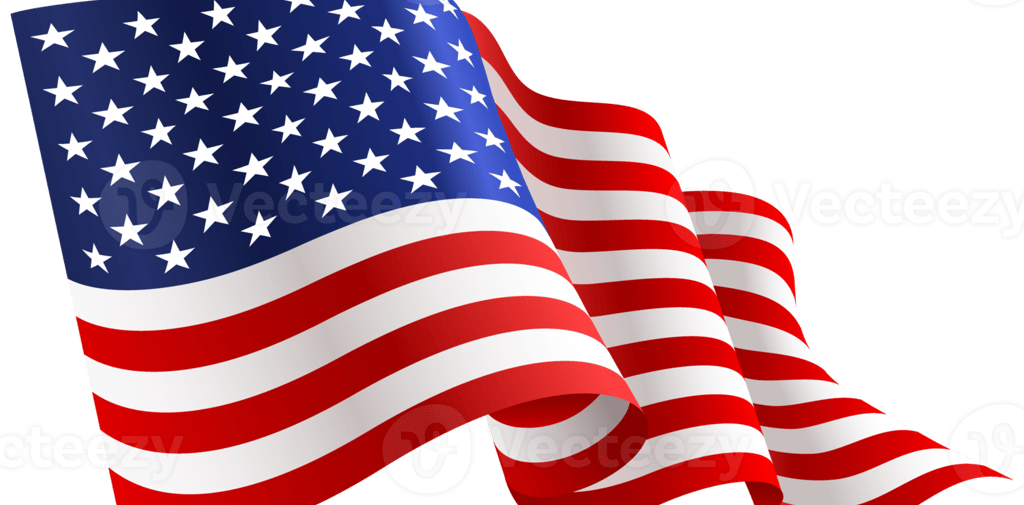USA Change Tourist visa Rules
Changes in fees, Interview waiver, Enhanced visa procedure
IMMIGRATION
:
🇺🇸 Key Changes to U.S. Tourist Visa Rules in 2025
1. Stricter Interview Waiver Eligibility
Previously, visa renewals were eligible for interview waivers up to 4 years after expiration. Now, only those whose visas expired within the past year qualify.
Eligible categories for interview waivers have been narrowed to specific diplomatic and official visas, such as A, G, C-3, NATO, and certain TECRO E-1 visas.
As a result, many applicants will now need to attend in-person interviews, even for renewals.
2. Increased Visa Application Fees
The application fee for B-1/B-2 visas has increased from $160 to $185.
Additional costs may include documentation, courier services, and travel expenses related to consulate visits.
3. Enhanced Application and Interview Procedures
The DS-160 form's barcode number must exactly match the one used to book the visa appointment. Discrepancies can lead to appointment cancellations.
All supporting documents must be uploaded at least 72 hours before the interview via the CEAC portal.
These measures aim to streamline processing and reduce errors.
4. New Visa Appointment Rescheduling Policy
Effective January 1, 2025, applicants are allowed one free reschedule of their visa appointment.
Any additional reschedules or missed appointments will require a new application and fee payment.
This policy is intended to reduce wait times and discourage appointment misuse.
5. Severe Penalties for Visa Overstays
The U.S. Embassy in India has issued warnings that overstaying a visa can lead to deportation and a permanent ban from reentering the United States.
Additionally, foreign nationals staying in the U.S. for more than 30 days are now required to register with the federal government. Failure to do so may result in visa cancellation and a permanent travel ban.
6. Enhanced Border Scrutiny and Data Checks
U.S. border officials have increased scrutiny of travelers' electronic devices and social media activity.
Entry can be denied based on ideological views or perceived security risks, even for individuals with valid visas.
These measures have contributed to a decline in international tourism and raised concerns about privacy and civil liberties.
7. Preparations for 2026 FIFA World Cup
In anticipation of increased visa demand for the 2026 FIFA World Cup, the U.S. plans to bolster consular services by assigning officers to double shifts and employing artificial intelligence to expedite visa processing, particularly for repeat applicants.
Despite these efforts, current wait times for tourist visas remain lengthy, with some applicants facing delays of over a year.


